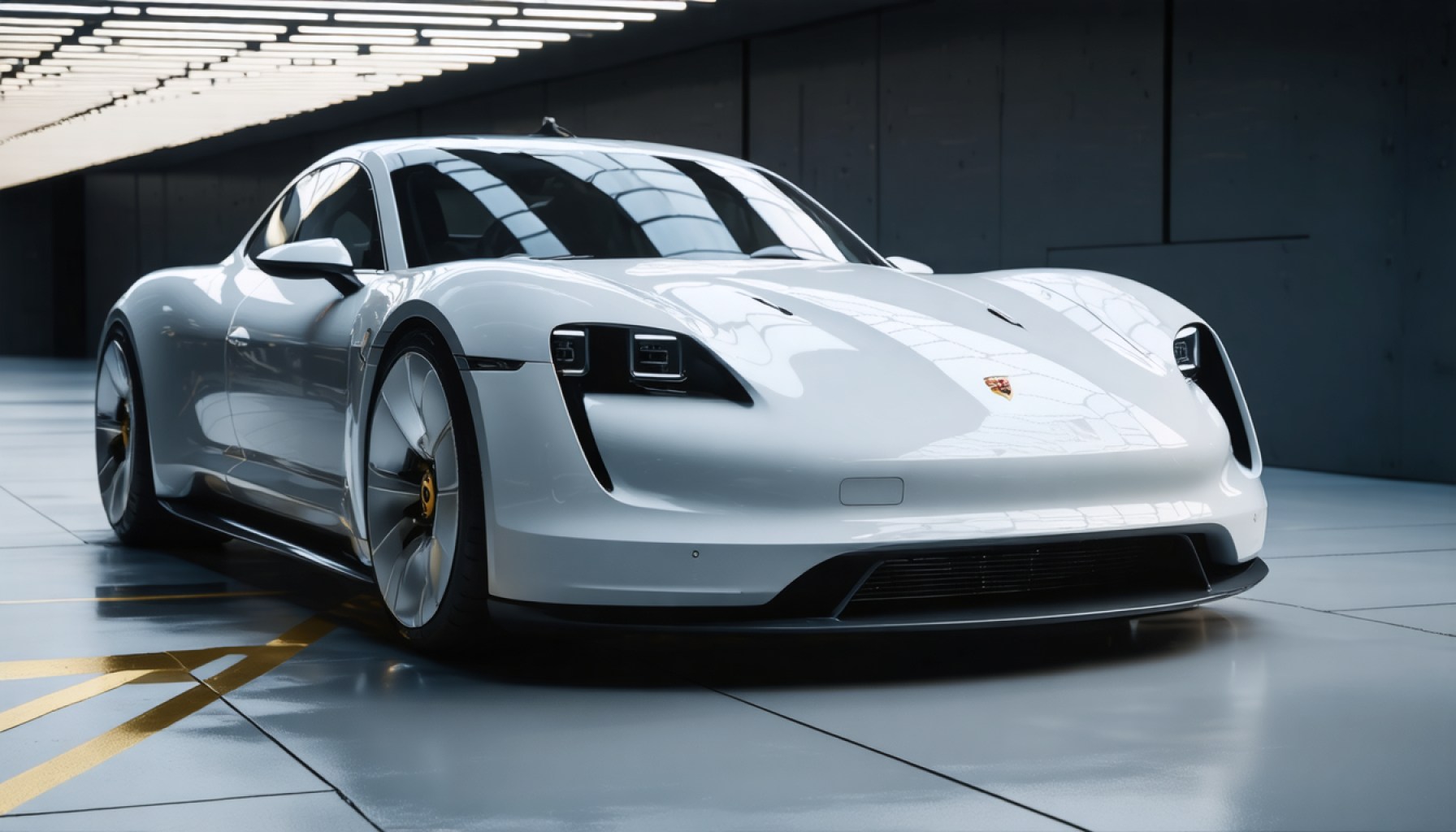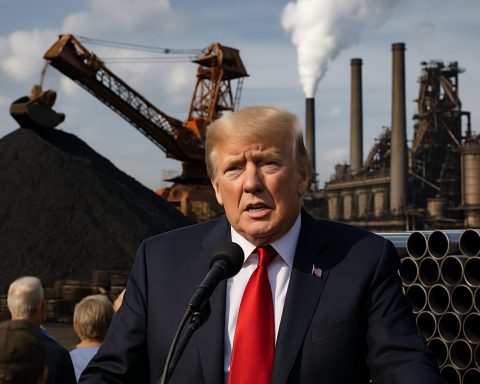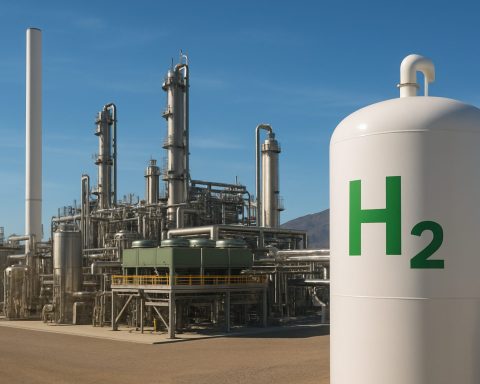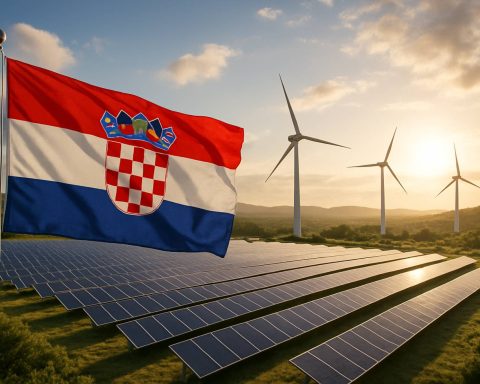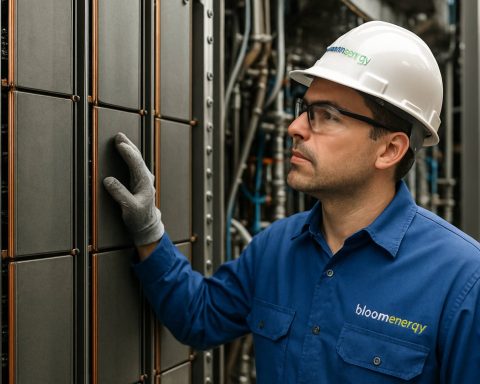- Porsche is undertaking a groundbreaking initiative to recycle high-voltage electric vehicle batteries, focusing on sustainability.
- The project aims to extract essential elements like nickel, cobalt, manganese, and lithium from used EV batteries.
- An advanced shredding process transforms old batteries into “black mass,” which is then refined into pure elements.
- Porsche has produced around 65 tonnes of black mass from its pilot factory for subsequent separation into valuable materials.
- The initiative aligns with future EU battery regulations and represents Porsche’s commitment to a circular economy.
- This project enhances resource sustainability while mitigating geopolitical risks affecting raw material markets.
- Porsche’s strategy serves as a model for sustainable luxury and innovative resource management in the automotive industry.
Beneath the sleek designs and roaring engines, Porsche gears towards an electrifying new initiative that promises to reshape the landscape of electric vehicle sustainability. With the launch of a comprehensive multi-phase project, Porsche drives its mission to recycle high-voltage electric vehicle (EV) batteries into a reality, where waste material morphs into a treasure trove of essential resources.
The project is a beacon of innovation, addressing the mounting challenge of securing crucial elements like nickel, cobalt, manganese, and lithium—an arsenal necessary for the world’s accelerating electric revolution. Using an advanced mechanical shredding process, discarded batteries are transformed into “black mass,” a raw and untamed material. This metamorphosis is nothing short of alchemy, as Porsche taps into its engineering prowess to extract high-purity elements, awaiting their renaissance in new battery production.
From the heart of their pilot factory, they’ve birthed approximately 65 tonnes of this mysterious black mass, harvested from development vehicle batteries. But the journey of transformation doesn’t end here. The next phase hones this product into separated streams of aluminum, copper, and the refined black mass, each destined to form the backbone of Porsche’s high-performance batteries.
Porsche’s meticulous dedication to purity and consistency ensures that every element extracted meets their stringent quality thresholds. As these raw materials reincarnate into recycled battery cells, they are poised for a crucial, real-world testing phase. Future models will house these recycled elements, not just boasting ingenuity but embodying Porsche’s commitment to sustainability.
The initiative is not merely a corporate venture but a declarative step towards the future. Echoing the words of Porsche executives, this project is a testament to their ambition—a strategic embrace of the circular economy as a foundation stone in their sustainability strategy. As the world braces for new EU battery regulations set to unfurl by 2031, mandating increased recycled content and greater traceability, Porsche accelerates ahead of the curve, solidifying its role as a trailblazer in eco-conscious vehicle production.
More than meeting regulatory standards, Porsche’s initiative stands as a proactive maneuver against the relentless tides of geopolitical volatility affecting raw material markets. As it forges its own supply chain, Porsche protects its future, carving out a niche of steadfast resource sustainability.
For Porsche, this endeavor goes beyond traditional resource management. It’s a visionary leap into a world where innovation meets responsibility, proving that tomorrow’s automotive breakthroughs lie not just in new designs, but in redefining how the industry views and utilizes its precious resources. By fashioning a blueprint for sustainable luxury, Porsche has set the stage for the automotive industry to follow.
How Porsche is Transforming the Future of EV Sustainability with Battery Recycling Innovations
Introduction
In an evolving automotive landscape, Porsche has embarked on a groundbreaking journey to revolutionize electric vehicle (EV) sustainability. Their comprehensive battery recycling initiative is a testament to innovation, addressing the pressing need to secure critical materials like nickel, cobalt, manganese, and lithium. This project echoes Porsche’s commitment to sustainable luxury while setting a benchmark for the entire industry.
Innovative Battery Recycling: The Process
Porsche’s initiative involves an advanced mechanical shredding process that transforms discarded EV batteries into a material known as “black mass.” This intermediary product is rich with high-purity elements, awaiting their revival into new battery production. Through meticulous separation and refinement, materials such as aluminum, copper, and high-purity black mass are extracted, ready to power the next generation of Porsche’s high-performance batteries.
The Role of Black Mass
The creation of black mass is a cornerstone in Porsche’s recycling process. By converting batteries into this raw material, Porsche is able to recover essential elements efficiently. According to industry experts, this approach significantly reduces the environmental impact associated with traditional mining practices, making it a more sustainable alternative.
Real-World Applications and Testing
Porsche is not stopping at recycling. The real-world testing phase is critical, as future models will incorporate these recycled elements. This process ensures that recycled materials meet Porsche’s stringent quality standards, maintaining the brand’s reputation for performance and reliability.
Meeting Future Regulatory Challenges
With looming EU regulations demanding increased recycled content by 2031, Porsche’s initiative is not just commendable; it’s strategic. The company positions itself ahead of the regulatory curve, underscoring its role as an industry leader in eco-conscious automotive production.
Addressing Market Challenges
By creating its own robust supply chain, Porsche mitigates risks associated with geopolitical uncertainties affecting raw material markets. This initiative also helps manage fluctuations in raw material prices, providing Porsche with a competitive edge.
Pros & Cons of Porsche’s Battery Recycling Initiative
– Pros:
– Significantly reduces environmental impact.
– Streamlined supply chain boosts resource security.
– Aligns with future EU regulations.
– Enhances Porsche’s sustainability profile.
– Cons:
– Initial set-up costs of recycling facilities can be high.
– Dependency on technological advancements for recycling efficiency.
Market Impact and Industry Trends
The broader automotive industry can expect a paradigm shift as manufacturers follow Porsche’s blueprint for sustainable luxury. Market analysts predict an increase in partnerships between automotive and recycling industries, fostering innovation and sustainability.
Actionable Recommendations
1. For Consumers: Support brands investing in sustainability to encourage industry-wide change.
2. For Industry Players: Consider adopting similar recycling technologies to align with future regulations and enhance sustainability profiles.
Conclusion
Porsche is setting an exemplary standard in sustainable vehicle production. Their battery recycling initiative demonstrates that the future of automotive excellence lies not just in innovation, but also in redefining resource utilization. As Porsche paves the way, it challenges the industry to rethink its approach to sustainability.
For more information on Porsche’s initiatives, visit the official Porsche website.

